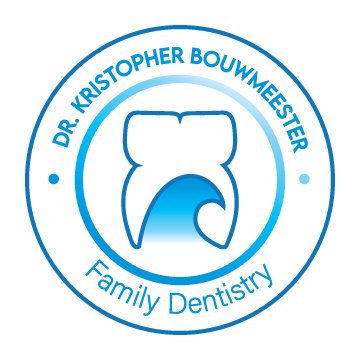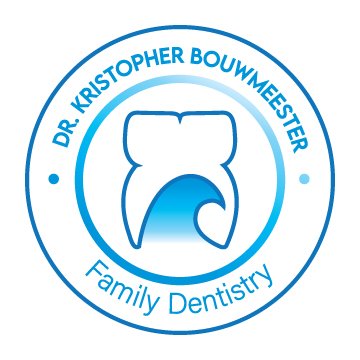We treat tongue-ties in all ages: infants through the golden years.
Video Update for Moms and babies:
We’ve made a video, with the help of some of our colleagues, of stretches, exercises and tips for suspected or diagnosed lip and/or tongue-tied babies. We hope that this video can provide some help and support while you wait for your appointment: https://youtu.be/_DSL0XoA7qo
Breastfeeding is a wonderful and healthy thing for a mother and baby to do. But for some it does not feel that way. You and your baby could be struggling because of a lip and or a tongue-tie.
Lip-Tie
What is it?
A congenital condition that interferes with normal movement and function of the upper lip. The labial frenulum is too thick, tight or attached too low on the maxilla.
Tongue-Tie
What is it?
A congenital condition that restricts the tongue's function and/or range of motion. An unusually short, thick or tight band of tissue (lingual frenulum) tethers the tongue to the floor of the mouth.
We believe in a team approach to your care.
Having other health care members on the team is paramount in achieving the best possible outcome.
Each scenario is unique but here is a list of the other types of practitioners that may need to be involved in your treatment:
Lactation Consultant (IBCLC)
Speech and Language Pathologist
Occupational Therapist
Chiropractor
Crainiosacral Therapist
Myofunctional Therapist
Phystiotherapist
Paediatrician/Family physician
Working with the right practitioners pre surgery for functional assessment and laying the ground work for successful postoperative therapy is important. If you are having troubles finding practitioners that work with lip and tongue ties we'd be happy to assist you.
Dr. Bouwmeester uses a CO2 Laser to optimize the surgery and minimize: pain, bleeding, inflammation and healing time. A variety of anesthetic options are available and are discussed at the appointment.
Benefits of Breastfeeding
- from the American Academy of Paediatrics -
https://www.aap.org/en-us/advocacy-and-policy/aap-health-initiatives/Breastfeeding/Pages/Benefits-of-Breastfeeding.aspx
The AAP continues to support the unequivocal evidence that breastfeeding protects against a variety of diseases and conditions in the infant such as:
bacteremia
diarrhea
respiratory tract infection
necrotizing enterocolitis
otitis media
urinary tract infection
late-onset sepsis in preterm infants
type 1 and type 2 diabetes
lymphoma, leukemia, and Hodgkins disease
childhood overweight and obesity
There are also maternal health benefits to breastfeeding such as:
decreased postpartum bleeding and more rapid uterine involution
decreased menstrual blood loss and increased child spacing (lactational amenorrhea)
earlier return to prepregnancy weight
decreased risk of breast and ovarian cancers





